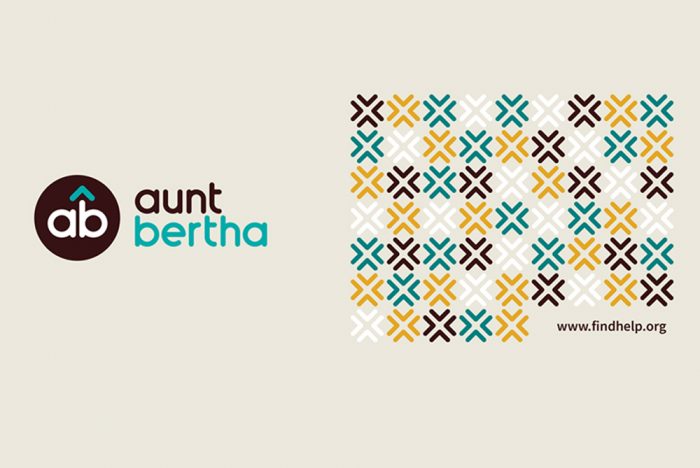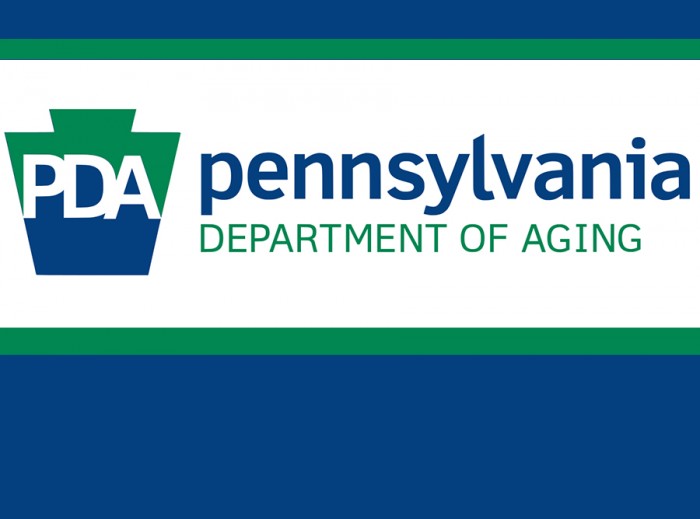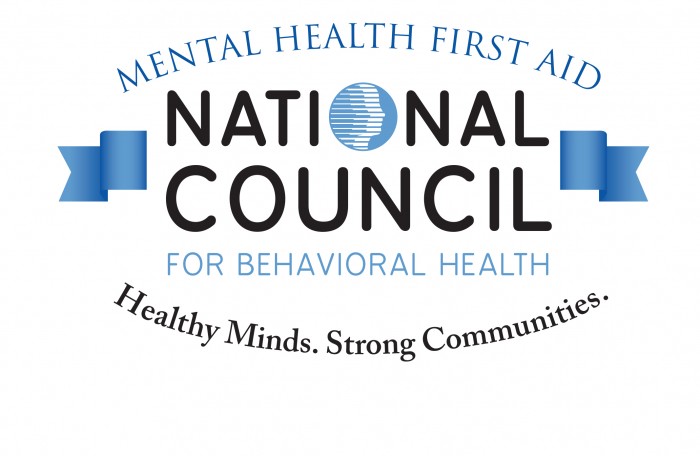This article informs all Medicare providers and suppliers who requested and received Covid-19 Accelerated and Advance Payments (CAAPs) that we began recovering those payments as early as March 30, 2021, depending upon the 1 year anniversary of when you received your first payment. It also gives information on how to identify recovered payments. Please be sure your billing staff are aware that the recovery has begun, or will begin soon, but no sooner than 1 year from the date we issued the CAAP to you.
OMHSAS Monthly Update Call – Registration
Please SAVE THE DATE for the next OMHSAS Provider / Provider Affiliate / Advocate / Consumer / Family Member stakeholder meeting, scheduled for Tuesday, April 20, 2021 from 3:00 pm – 4:00 pm.
This webinar will be directed towards Providers, Provider Associations and Consumers, Family Members, and Advocate stakeholders. The next webinar for Counties and County Affiliates is scheduled for Friday, April 9, 2021 from 1:00 pm – 2:00 pm. We ask stakeholders to join in only one monthly meeting, whichever one that would best suit their interests.
If you have suggestions for agenda topics, please submit them via email to OMHSAS by close of business on Tuesday, April 13, 2021. We will monitor the account and will reply to the sender if more information is needed. Please be advised that responses will not be provided if additional information is not needed.
Below is the webinar registration info for the April 2021 Provider / Provider Affiliate / Advocate / Consumer / Family Member Webinar, which will take place on Tuesday, April 20, 2021 at 3:00 pm. Please register for OMHSAS Provider/Advocate Stakeholder Meeting on Apr 20, 2021 3:00 PM EDT here.
After registering, you will receive a confirmation email containing information about joining the webinar. If you have any questions, please contact your RCPA Policy Director.
RCPA Member Telehealth Survey Outcomes Report
Pandemic Era Use of Telehealth Procedures in Pennsylvania
The onset of the COVID-19 pandemic in early 2020 had a dramatic impact on the practice of behavioral health and other social services, which led many agencies to provide some or all their services via telehealth procedures. It has been reported that 80% of all behavioral health visits in the pandemic era have been virtual, with Medicare claims for telehealth services increasing from 13,000 per week to 1.4 million per week.
To gain Pennsylvania specific information regarding the use of telehealth procedures, RCPA, in partnership with Woods Services, surveyed members that utilized telehealth as part of their behavioral health and consumer engagement strategies during the pandemic. After a year of implementing telehealth as a primary mode of service delivery, the responses support the initial success of this modality – although there are ongoing challenges.
The survey data went through a detailed analysis by Woods Services, and an outcomes analysis report was developed that viewed the intersection of practitioner, consumer, and payer operational and fiscal metrics. The Executive Summary and Policy Recommendations provide a supportive foundation for RCPA’s ongoing efforts in creating a sustainable telehealth platform that will ensure equity and access to quality care in PA.
Please see the Full Report and the Executive Summary for review. For more information, please contact RCPA Children’s Division Director Jim Sharp.
Everyone in PA. Will Be Eligible for COVID-19 Vaccines Starting April 19
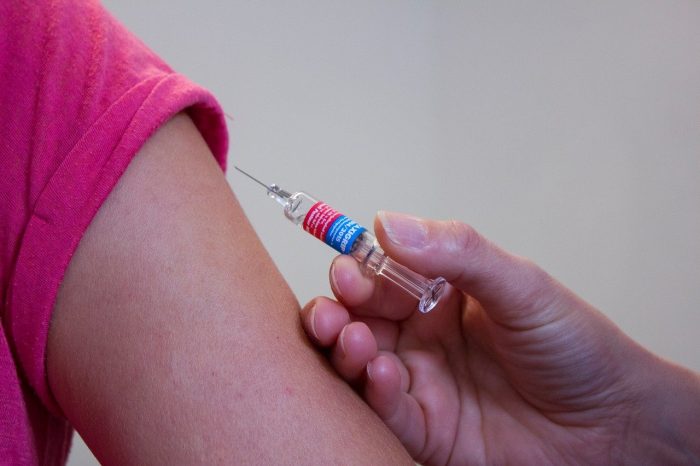
An Integrated Approach: Investing in Whole Person Approaches to Child and Family Well-Being April 8
PA Council On Aging Hosts Pennsylvania’s First-Ever Social Isolation Symposium
Urge Your Senators to Cosponsor the Mental Health Access Improvement Act
Advocacy Alert
Do you believe older adults and individuals with disabilities should have easier access to mental health services? (We certainly do).
Currently, marriage and family therapists and licensed mental health counselors are not eligible Medicare providers, despite the important role they play in delivering treatment, recovery, and prevention services.
However, there is new legislation to change that – and it needs your support!
On March 18, Senators John Barrasso (R-WY) and Debbie Stabenow (D-MI) reintroduced the Mental Health Access Improvement Act (S. 828). This legislation would allow marriage and family therapists and licensed mental health counselors to participate in the Medicare program, dramatically expanding access to care for older adults and individuals with disabilities.
This simple change would immediately increase patients’ access to needed care, particularly in underserved communities, rural areas, and areas with a mental health workforce shortage.
Thank you to those of you who already took action to ask your Representatives to cosponsor the House version.
Sincerely,
 Chuck Ingoglia
Chuck Ingoglia
President and CEO
National Council for Behavioral Health
Pennsylvania Accelerating Vaccine Strategy
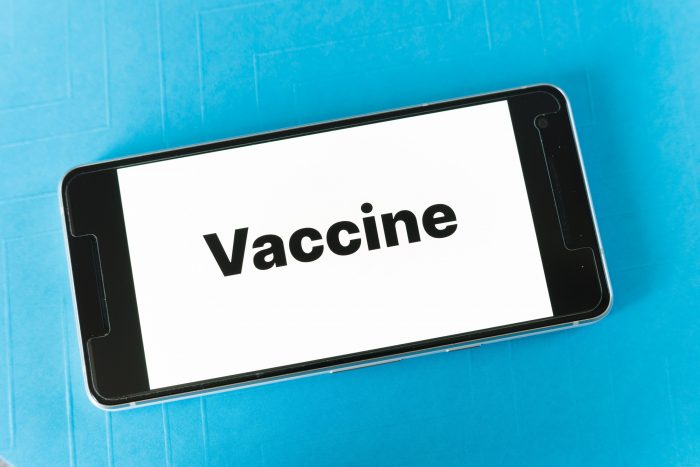
DOH: Over 5.1 Million Vaccinations To Date, First Doses Of Vaccine To 31% Of Population
Diversity, Equity, & Inclusion Policies: FAQ Document
The RCPA Diversity, Equity, & Inclusion (DEI) Committee created this resource to answer frequently asked questions regarding DEI policy development and refinement. Following a survey of available resources, this compilation was developed as a guide for interested parties and is intended as a springboard to further research with links to additional resources to aid their DEI policy development process. Please send questions or feedback to Cindi Hobbes or Jim Sharp.












